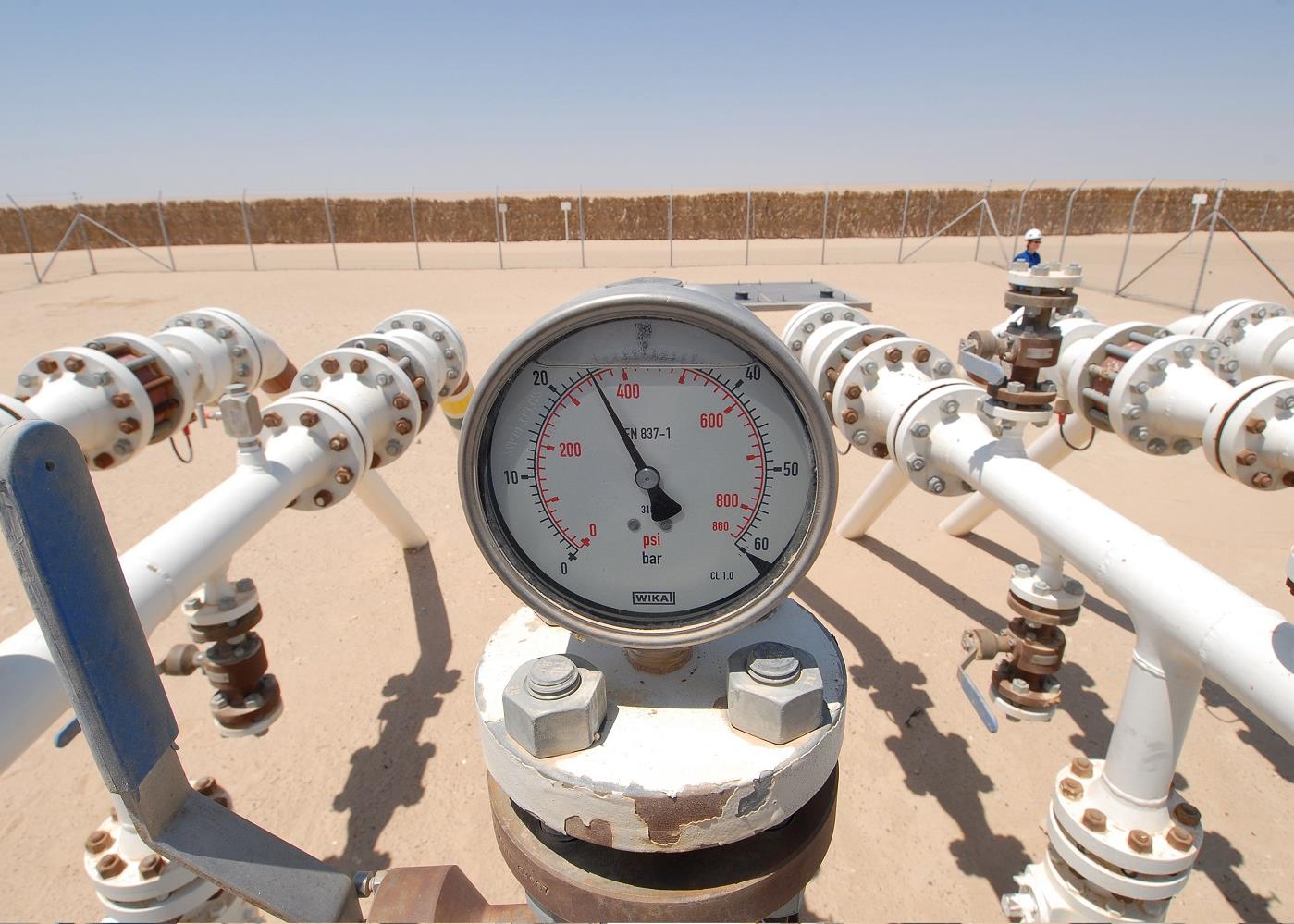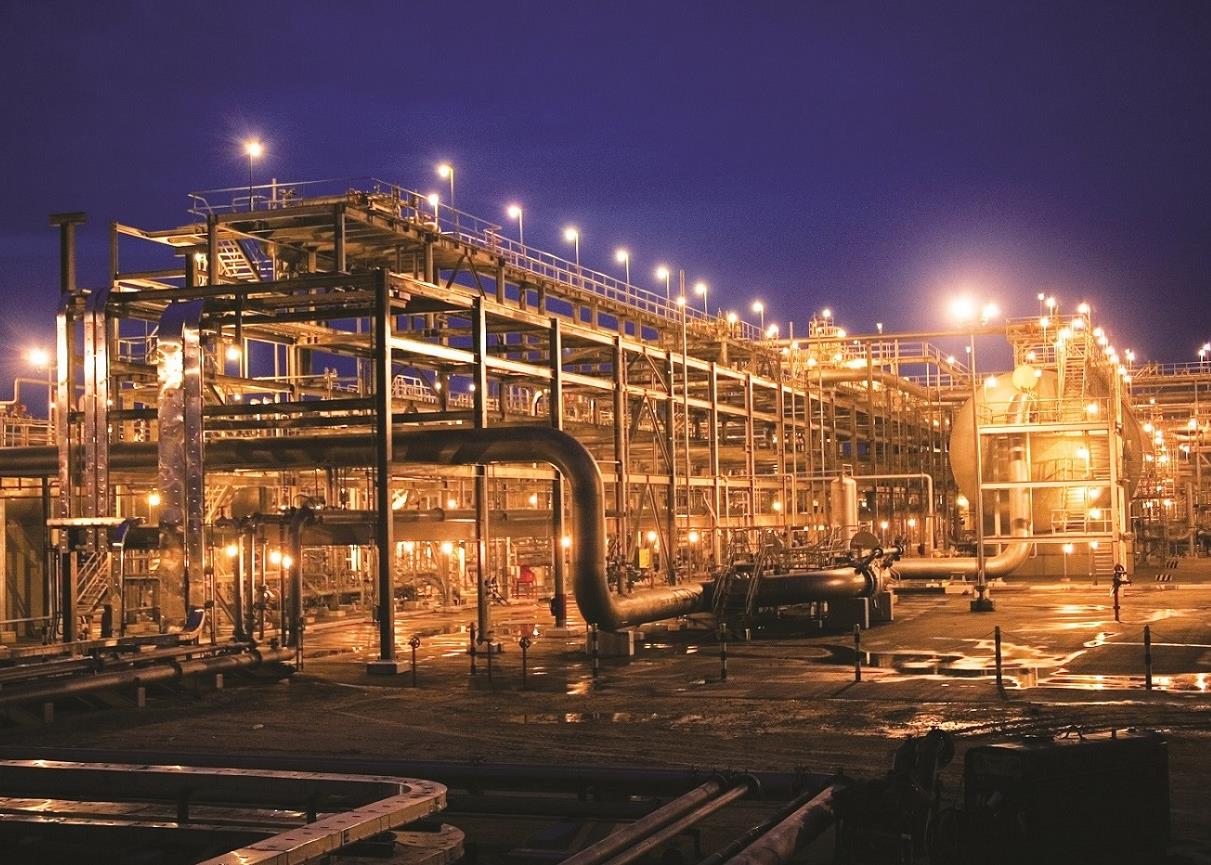



International financial institutions have sought opportunities in Saudi Arabia since it unveiled plans in recent years to privatise state assets and introduced reforms to attract foreign capital under a programme to reduce its dependence on oil.
The opening up of the Saudi economy should continue to encourage private sector participation and investments, especially in sectors that were largely the domain of public sector funding.
It will provide global and regional investors with the opportunity to participate in attractive sectors such as healthcare, education, entertainment and infrastructure, among others.
These sectors were largely the domain of public sector funding, but that is changing as they open up to private sector investment under the Vision 2030 strategy.
The kingdom is an attractive market given its ambitious diversification efforts, which directly translate to large-scale opportunities in areas such as project finance, capital markets, trade finance and cash management.
The focus with respect to Saudi Arabia should be on facilitating capital flows and unlocking opportunities for trade. By facilitating inbound and outbound investments between Saudi Arabia and overseas markets, Standard Chartered is already helping its clients tap opportunities in the country and across Asia, the Middle East and Africa.
Diversifying the economy
Entering a market like Saudi is about taking a longer-term view, and what is really important are the drivers of the economy.
The kingdom’s efforts to diversify its energy sources, a key facet of its economic stature, have grown in recent years. In 2019, Saudi Arabia implemented a $28bn renewable energy development programme, which offers loans for clean energy projects and the manufacturers of renewable energy components.
Additionally, the Saudi Industrial Development Fund’s Mtujadeda was created to help the kingdom move away from its dependence on oil, towards other diversified energy sources.
And yet hydrocarbons investments are not suddenly going out of fashion. Even though the kingdom will adopt and introduce more renewables and climate-friendly fuels, a core part of the economy will remain reliant on oil and gas.
Saudi Arabia’s government sector has also been seen engaging in Western equity markets, as is the case with the Public Investment Fund’s multibillion-dollar foray, but we believe there will be a lot more outward investment by expansionist Saudi investors.
Our insights lean towards the conclusion that investment momentum for the kingdom is increasingly eastwards, especially in the oil and petrochemicals market, where Saudi Arabia has been involved in some high-profile deals in refineries and petrochemicals plants.
Tapping debt markets
The ambitious economic plans set in motion by Saudi Vision 2030 naturally have huge capital and funding needs.
 To add to that, the impact of the recent low oil price environment has resulted in budget deficits that need to be financed by accessing both domestic and international debt capital markets.
To add to that, the impact of the recent low oil price environment has resulted in budget deficits that need to be financed by accessing both domestic and international debt capital markets.
Given that Saudi Arabia is the largest Islamic finance market in the world, it makes sense that sukuk would be the preferred route, especially when it comes to accessing local investors.
During the first quarter of 2020, the Covid-19 pandemic triggered major uncertainties across these markets, putting new international sukuk issuances almost at a standstill in March 2020.
Despite this, jurisdictions such as Saudi Arabia, which have the benefit of established domestic debt markets, issued SR15bn ($4bn) in sukuk in March last year. We were also among the banks hired to coordinate the Saudi government’s $2.5bn sukuk sale prior to the start of the pandemic.
Moving forward, the kingdom also stands to benefit from the structural changes taking place within the banking sector, in which major mergers have recently happened and continue to take place.
 MEED's March 2021 Saudi Arabia special report includes:
MEED's March 2021 Saudi Arabia special report includes:
> Money centre stage in Saudi Arabia’s foreign policy
> Aramco poised to advance key upstream plans
> Saudi PPP projects progress in 2021
> Privatisation and PPPs dominate Saudi water
> Riyadh readies for urbanisation drive
Luring foreign investment
With respect to international markets, the Saudi government has introduced a number of regulations to facilitate this influx of foreign investment, in addition to revamping more than 200 of its existing foreign direct investment (FDI) regulations in early 2021.
Outside of energy, Saudi Arabia is well poised to capitalise on private sector participation in areas such as infrastructure, healthcare and entertainment.
Prior to the onslaught of the Covid-19 pandemic, the kingdom was one of the fastest-growing entertainment markets in the world with a robust pipeline of gigaprojects in the works, such as Neom.
The global pandemic has only hindered the growth of this industry in the short-term, but the mid- to long-term opportunities remain intact, posing significant prospects for FDI and private sector investment.
The technology sector is also brimming with growth potential, which will likely result in an influx of entrepreneurial activity and investments targeted towards the industry.
 About the author
About the author
Yazaid al-Salloom is CEO
of Standard Chartered Bank Saudi
More from MEED's leadership library
> Successful firms driven by purpose not profit
John Iossifidis, Group CEO at Al Ghurair Investment
> UK-Gulf relations ripe for green tech collaboration
Simon Penney, Her Majesty’s Trade Commissioner for the Middle East
> Levelling the financial playing field
Anouar Bourakkadi Idrissi, CEO of Edenred UAE
> The GCC's green hydrogen opportunity
Ulrich Koegler and James Thomas, partners, and Susie Almasi, executive advisor, at Strategy& Middle East
> The myth of the cashless economy
Samer Srouji, director at Tanmia Capital
You might also like...

Algeria signs oil deal with Swedish company
19 April 2024

Masdar and Etihad plan pumped hydro project
19 April 2024

Ewec signs Ajban solar PV contract
19 April 2024

Contractor orders compressors for onshore project
18 April 2024
A MEED Subscription...
Subscribe or upgrade your current MEED.com package to support your strategic planning with the MENA region’s best source of business information. Proceed to our online shop below to find out more about the features in each package.






